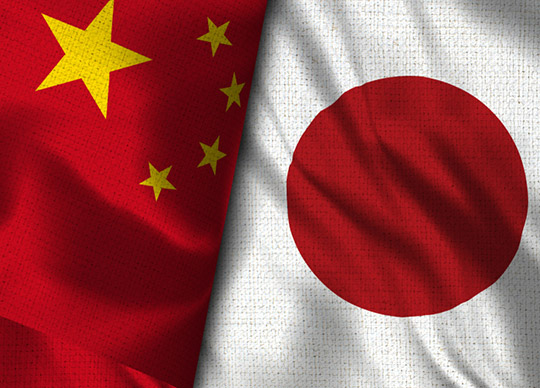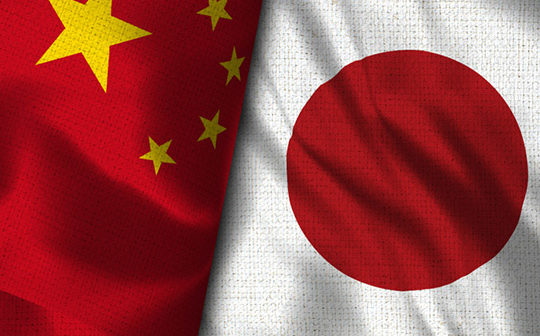
Japan has signed the regional comprehensive economic partnership (RCEP) trade agreement involving China, Australia and the Association of Southeast Asian Nations (ASEAN):
Gargi Rao, Economic Research Analyst at GlobalData offers her view:
“The trade deal marks the first trade agreement of Japan with its biggest and third biggest trade partners China and South Korea, respectively. As a result, the tariffs on 86% of the industrial goods exported to China are likely to be eliminated, which will boost investments in e-commerce, financial services, telecommunications and professional services. GlobalData expects the agreement to further provide a fillip to Japanese trade from US$1.6 trillion in 2020 to US$2 trillion in 2025.
“Amid the COVID-19 pandemic, RCEP comes in as relief to several Japanese led export businesses to tap the huge customer base of the ASEAN member nations and growing demand. Moreover, Japan’s geographic location is an added advantage, which could bring in huge foreign investments.
“The trade deal is a ray of hope for a brighter economic progress amid the increasing protectionist policies. It will strengthen the supply-chain linkages among the member countries and boost business confidence. GlobalData forecasts Asia-Pacific (APAC) nations to grow at an average annual rate of 5.64% during 2021-2022 with new window of opportunity for technology transfer, trade, and investments.
“As external demand conditions continue to improve amid reopening global economies, manufacturing output is likely to drive up business activities. However, Japan needs to be cautious of Chinese influence under the RCEP agreement given the geo-political tensions in the APAC region.”






